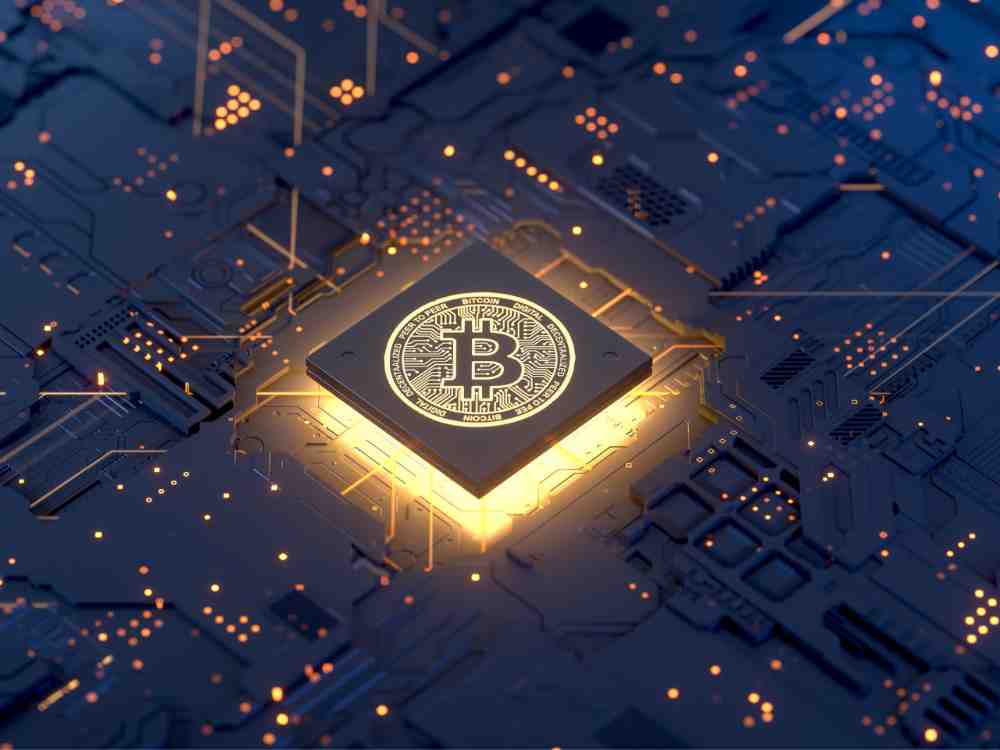
Not a bitcoin fan
There are many celebrities and tech icons who are keen to invest in Bitcoins. But Bill Gates is an exception.
In an old interview of February 2021, the billionaire Microsoft co-founder told Bloomberg Technology that he was wary of the frenzy over Bitcoin, particularly because the value of the cryptocurrency could be swayed by something as simple as a tweet from Tesla CEO Elon Musk.
“Elon has tons of money, and he’s very sophisticated, so I don’t worry that his Bitcoin will randomly go up or down,” Gates said.
“I do think people get brought into these manias who may not have as much money to spare, so I’m not bullish on Bitcoin. If you have less money than Elon, you should probably watch out,” he said
World’s richest person Musk, according to Forbes is notably a Bitcoin fan. But Gates said that his fellow tech billionaire was merely an example of why he’s turned off by everyday Bitcoin use.
Gates said, he’s primarily concerned about the lack of regulation around the cryptocurrency. He highlighted two of the main risks associated with Bitcoin and other forms of cryptocurrency: They’re decentralized, and they can be highly volatile.
“[Bitcoin] happens to promote anonymous transactions,” Gates said. “They’re not reversible transactions.”

New laws made
Gates said that the Bill and Melinda Gates Foundation actually “does a lot in terms of digital currency,” but only when “you can see who is making the transaction.”
According to him “digital money is a good thing,” especially when it comes to funding poorer countries and getting “money out to their citizens very, very efficiently.”
President Joe Biden has signed an executive order encouraging federal agencies like the U.S. Treasury to develop new crypto-related policy recommendations — with an eye on addressing consumer protection, financial stability, illicit activity, U.S. competitiveness, financial inclusion and responsible innovation.
Those are important areas: Crypto experts often warn that altcoins, in their current state, are at a high risk for fraud — and that they can gain and lose value very quickly, making them deeply unreliable as investments.

